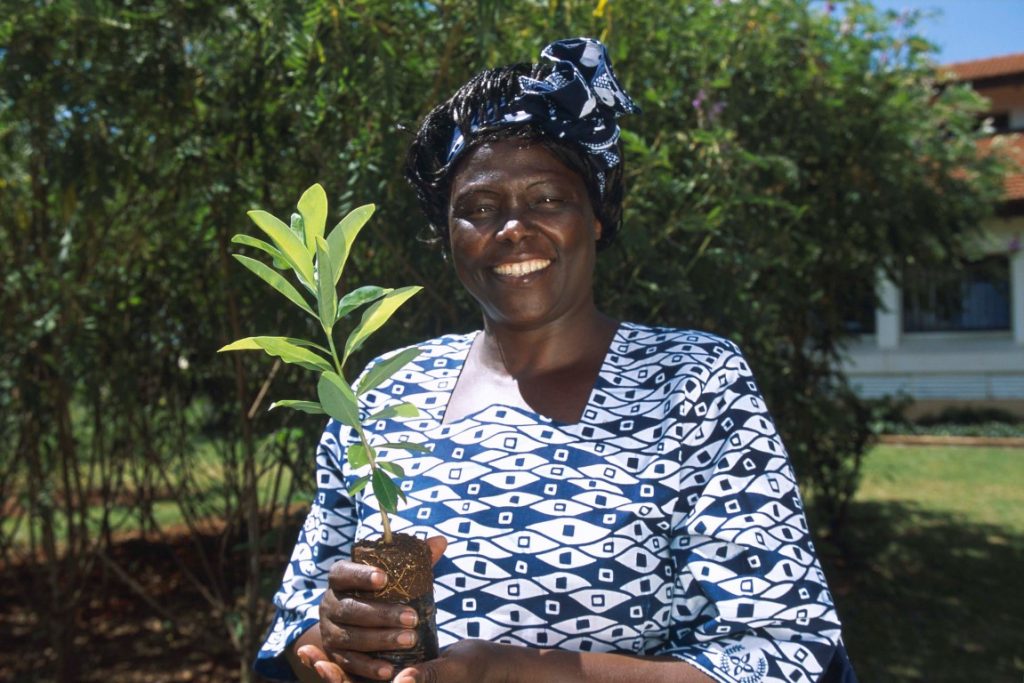Nick Evans: Editor’s foreword

A forum for issues –
The World Economic Forum’s Annual Meeting has proved its power time after time in setting the global agenda, identifying emerging issues and challenges, and engaging leaders from all walks of life in dialogue, initiative and action.
In the same way, Global Agenda seeks to lead opinion and debate on all the key issues facing the world. It aims to be thought-provoking and controversial, but balanced and fair. And it tries to make room for voices from all sides of society.
We live in deeply unsettled, challenging times. Many of the certainties on which we have come to depend in recent years are in doubt. In place of trust lie scepticism, suspicion and fear.
It is more vital than ever that all sides of the debate are heard – from the worlds of business, civil society and government. Like the World Economic Forum itself, Global Agenda aims to be a forum for discussing issues, testing ideas and initiating change.
In this inaugural issue, we have shaped the editorial content to reflect the themes and topics that will dominate not just the Annual Meeting over the next few days, but also the world agenda over the next few months.
Under the overall banner of Building Trust, there are eight global sections — on global governance, international affairs, the world economy and finance, corporate governance, the business agenda, science and technology, health and the environment, emerging markets and development — as well as regional reports on specific issues and challenges in Europe, Asia, Latin America and Africa.
Throughout, we have used recognized leaders to contribute articles on the areas of their expertise – from the worlds of government, business, civil society, academia and the media.
They have one characteristic in common: they are all opinion-formers, they bring leadership and expertise to bear and they can help to change the way that people think and act about the world’s most pressing issues. In short, they can make things happen.
We begin with UN secretary-general Kofi Annan, the man with arguably the world’s most difficult job, on the challenges of globalization. And we end with Paulo Coelho, one of the world’s most widely read authors, on common values.
In between, we have more than 70 recognized authorities on subjects ranging from climate change to executive pay, from leadership to relations between the west and the Islamic world, from financial markets to financial crime, from terrorism to human rights.
For those readers attending the Annual Meeting, we hope that Global Agenda will add to your enjoyment of the event and the value you derive from it. For those who are not participating at Davos, we hope you will find it just as useful, stimulating and enjoyable.
Nicolas Evans, Editor



